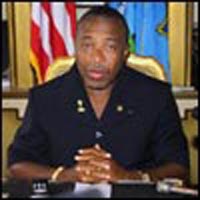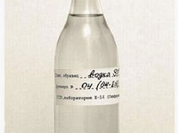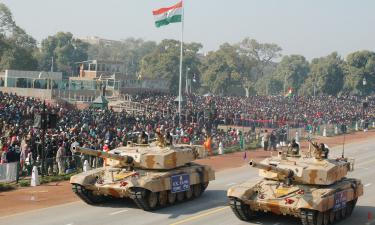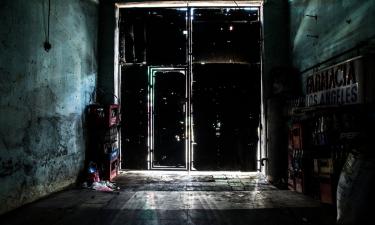Liberia: Trial of ex-president unlikely to go ahead this year
That gives them plenty to do while officials work out where the trial will be held and where the accused war lord might be jailed if convicted.

Liberian President Ellen Johnson Sirleaf and the joint Sierra Leone-U.N. tribunal want the trial held outside of West Africa because of security concerns. The Netherlands has agreed to host it, but only if Taylor leaves immediately after, convicted or not.
So far, no nation has agreed to take Taylor in, and the trial is unlikely to begin until some nation does.
Speaking in London on Wednesday, Liberian President Ellen Johnson Sirleaf said she was optimistic a European Union country would break the impasse. Her information minister, Johnny McClain, stressed on Friday that Liberia had no control over the matter, the AP reports.
On Thursday, Sweden's parliament approved a law making it possible for the Scandinavian country to imprison Taylor if he is convicted, though Sweden has not yet officially decided whether it would do so and previously rejected requests to jail him. Denmark and Austria also rejected requests.
The Sierra Leone Special Court was established by the United Nations and Sierra Leone to try those accused of bearing the greatest responsibility for atrocities during that country's 1991-2002 civil war. Taylor faces 11 counts of war crimes and crimes against humanity stemming from his alleged backing of Sierra Leonean rebels who terrorized victims by chopping off their arms, legs, ears and lips.
While the charges refer only to Sierra Leone, Taylor is accused of fomenting violence in his homeland and elsewhere in West Africa. He was transferred into the custody of the Sierra Leone court in late March from exile in Nigeria.
Prosecuting attorneys completed investigations last month and furnished Taylor's defense team with the 32,000 pages of documents, which they have six months to review, said Peter Andersen, a spokesman for the U.N.-backed war crimes court.
Subscribe to Pravda.Ru Telegram channel, Facebook, RSS!





